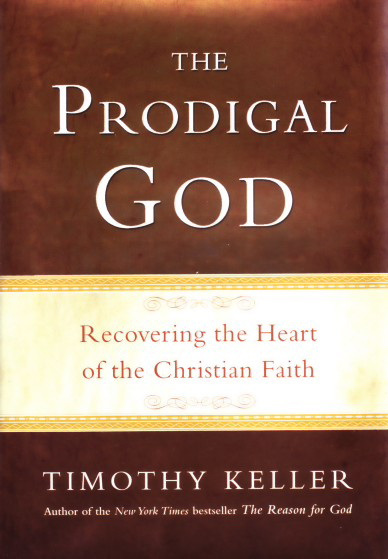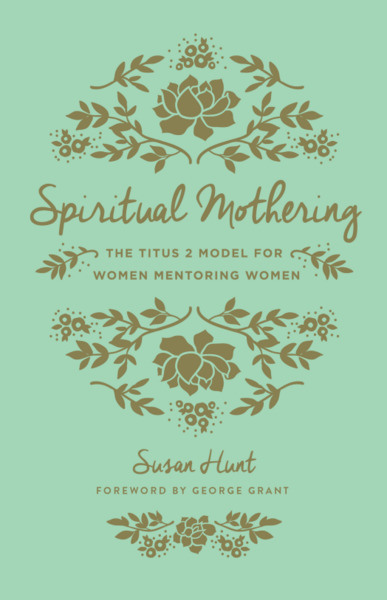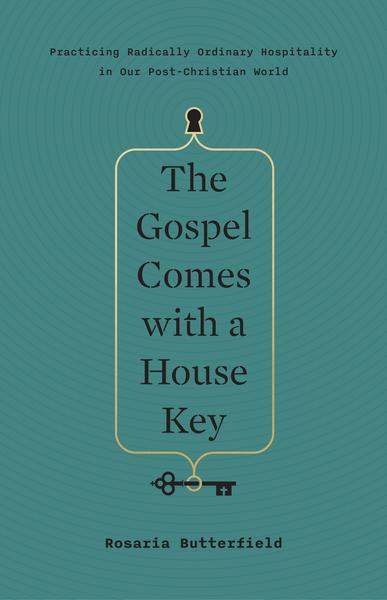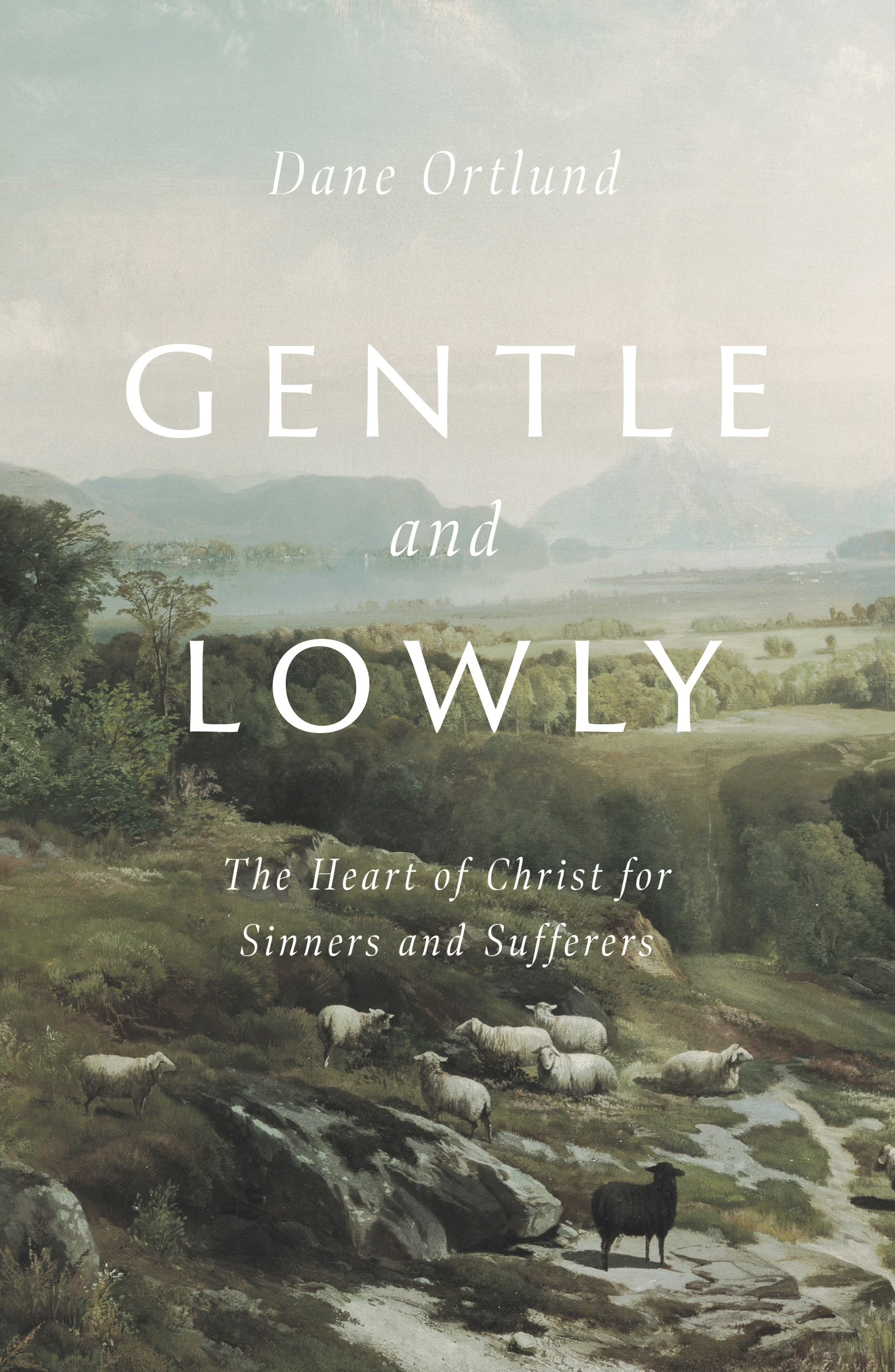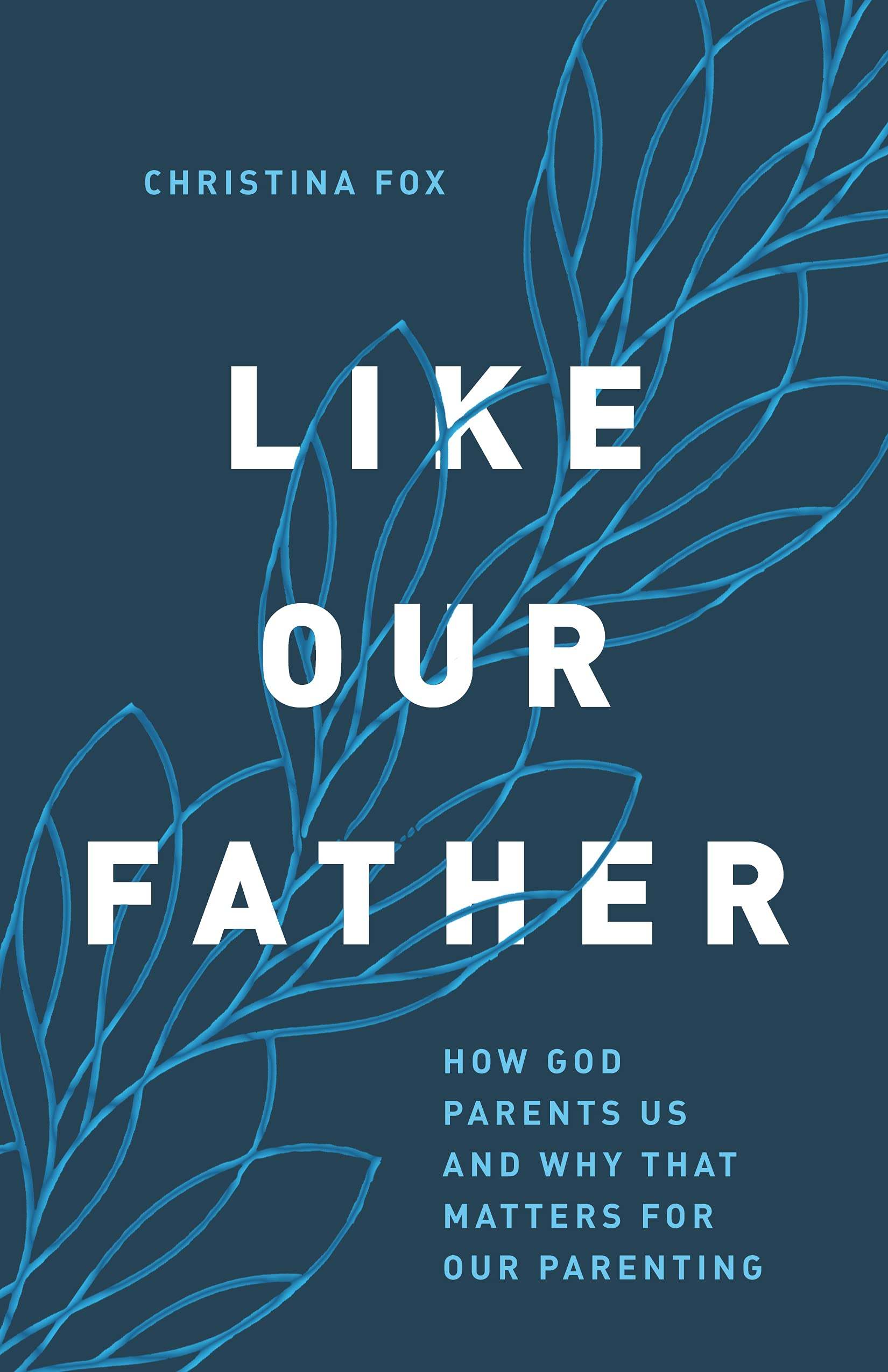Mother’s Day used to be a fun day for me. While I was growing up, it was filled with nice meals, flowers, special music at church, fancy dresses, and warm hugs. After I became a mom, the day was filled with large meals together and cards. But for the last few years, it’s been more complicated than that.
For many reasons, Mother's Day can be a day filled with confusion, pain, and sorrow rather than one filled with joy, family, and love. For some, like me, it’s because of estrangement. Estrangement from parents (or “low contact” and “no contact” to use the popular internet jargon) is an increasingly common relationship status. For many of us, a close connection to our own mom is difficult and celebrating a holiday set apart to commemorate them is fraught with tangles of good and bad and confusion.
For the mother whose fractured relationship with her own mom makes Mother’s Day hard, here are a few things I’ve learned as I’ve prayed and meditated through things with the Lord and with the help of friends, family, and counselors.
1. It’s Okay to Be Confused
For the believer, there are many truths that should inform our feelings and actions, and it’s sometimes hard to decipher the truths in the middle of the pain. The Bible says,“Honor your father and mother…”— but does this mean to hold someone closely without accountability or to expose our own family to people who would harm them? Does Jesus’ command to deny ourselves and take up our cross mean that I should be open to ridicule and cruelty from the people who raised me? There are wise and harmful ways to answer these questions and there is no shortage of people who will offer their advice.
There is a place for no contact in the relationship but most parental estrangement situations fall in a muddy middle. There is also a place for holding a spectrum of tension between honoring parents and caring for our own children. For some of us, it may mean sending a text or making that phone call on Mother’s Day.For others it may mean not sending a message but instead spending time in prayer for repentance and reconciliation or filling the day with reminders of the grace of your “found” community in Christ.
While there is a clear calling to see brokenness and sin in the light of the hope of the gospel, the path toward living it out can look very different for each of us.
2. God is the Perfect Parent
Grief is often a part of the journey when parental estrangement is in the picture. There is a sense of loss, not only for the relationship that was there but also a sense of never having what God intended when he made the family. When I am tempted to be bitter or grieve without hope, I can see that the only perfect example we have is in Christ. His impulse is to compassion and care “as a hen gathers her brood under her wings” (Matthew 23:37). This is the kind of brother and Lord we have. He is my friend, my portion.
When I am excited to share about achievements, God listens to my prayers and sings with delight over me. When I am sad about a new challenge, Jesus hears my cries and holds me close with his Spirit. God has given me good laws, ones that are not burdensome and has also called me to come to him when I am weary. My relationship with him is never dependent on me “having my act together.” He has declared and sealed me as righteous in his eyes because of his son. God is my creator who has given me an identity, a family, and a home.
3. God Gives Us a Forever Family
One of the best consolations I’ve found in the middle of a fraught relationship with my biological family is the fact that God has not left me orphaned. He has given me spiritual mothers, fathers, sisters, and brothers. This family is the best family. It is led by the greatest Father and will endure forever. The bonds I form with my church family here on earth will carry on into eternity. We sing, pray, cry, and laugh together now and that fellowship will not end.
One tangible way that I celebrate this on Mother’s Day is that I remember the older women who have helped me in my walk with Christ. I take time to journal about them and to tell my own children about them.
4. God is Still at Work
I don’t know if I’ll ever have a close relationship with my own mom again but I do know that God is actively moving his cosmic story of Redemption forward and that my life is a part of that plan. I can confidently believe that “in all things God works for the good of those who love him, who have been called according to his purpose.” (Romans 8:28) The grief I carry now is momentary.
This means I am free to celebrate the ways that God has continued to convict me and lead me to repentance and that I am also free to hope for better for my relationships with my family and beyond.
5. I Have a Calling to Spiritual Mothering
Just as I find a source of healing in my church family, I have been called to be a spiritual mother to others. This means that I have the privilege of bringing the nurture and grace I’ve experienced in my life through the gospel and the church to others. This is a spectacular and brave calling. This means that Mother’s Day can be about more than just recognizing my biological mom. It can be about sharing the love of Christ with others in tangible ways, helping to break the cycle of broken relationships.
One of the ways I’ve started to try to live this out is to build relationships with others in our community, having meals with families from church and a fairly open-home policy with the neighborhood kids. This has led to a lot of meaningful opportunities to live out Christ’s compassion and care to others.
Other Resources
I’ve learned a lot over the last few years through the guidance and counsel of people in our church, professional counselors, my husband, and friends. But I’ve also benefitted from a few good books as well. Here are a few books that have helped me.
